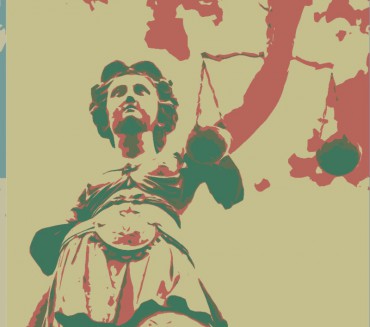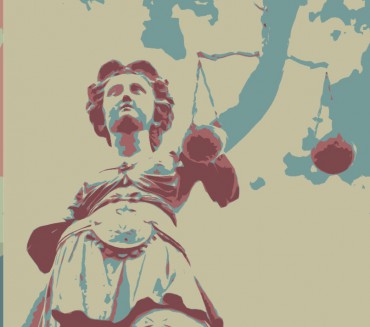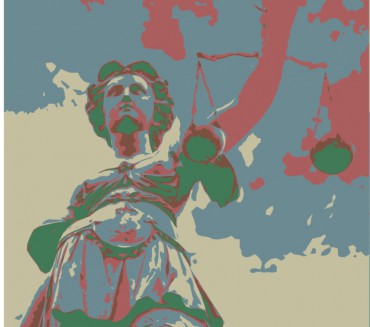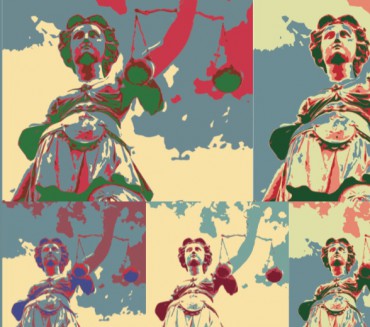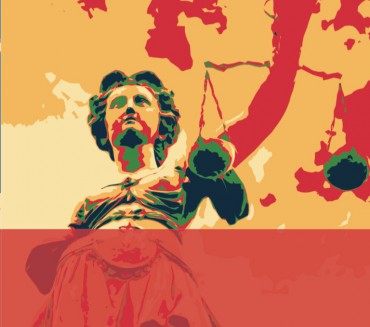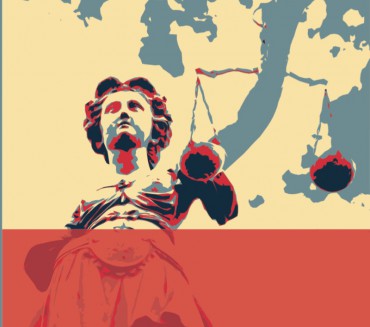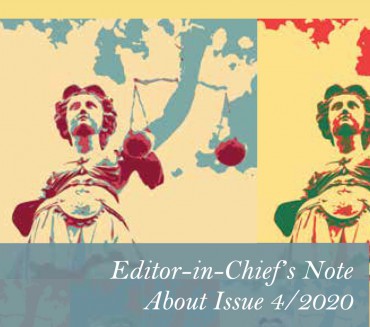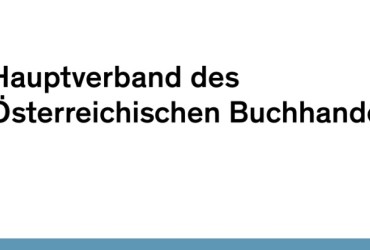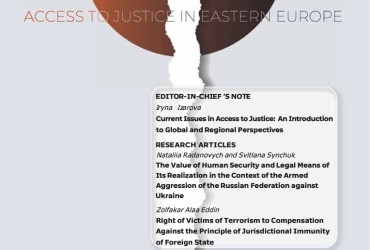This AJEE issue begins with the article of C.H. Van Rhee and E.A. Maan, which is based on a report evaluating the new Ukrainian Civil and Commercial Procedural Codes implementation. The article is supplemented with the questionnaires used to collect data due to the great interest to their content and its correlation to conclusions. The recent reform of procedural law in Ukraine seems to be one of the most spectacular parts of the general reform of judiciary and related institutions within the course of European integration of Ukraine. The goals and the interim results of this process are among the most favorite topics for researchers and now we have a unique opportunity to acknowledge the assessment of leading European experts in this field.
The procedural issues of cassation review in Ukraine is in the spotlight of this issue. The ongoing changes of civil procedural legislation have introduced so-called filters of cassation, which should help to avoid overloading of the Supreme Court - each year they receive more than 20, 000 applications, which is 500 applications per each Cassation Court judge annually. The article by Oksana Uhrynovska gives detailed research of the mentioned filters and assesses them as a positive step in forming the cassation appeal institution, in particular, letting the Supreme Court in Ukraine be a court of law, not facts.
The question of a judge position as a main representative of judiciary system, a face of judiciary, is always topical. Recent process of Ukrainian judges lustration has illustrated the phenomenon of mixed political and social impacts with the doubted results. In the article of Olena Ovcharenko and Tetiana Podorozhna deep analysis of the judges lustration in Ukraine is presented.
The issues of interference with the peaceful enjoyment of property require proportionnality of interference, which are profoundly studied in the article of Oksana Kaplina and Serhiy Fomin. Ukrainian examples illustrating this issue contribute to to the general approach developing.
Concluding the part with the research articles, we are happy to present Laura Ervo’s contribution related to the debtor’s protection and ensuring the enforcement efficiency. The Finnish law gives us some answers to the important questions of human rights protection, when enforcement of decision is going to happen.
A few notes have been included in this issue due to their value and relevance. In particular, the note related to the the constitutional crisis in Ukraine, which happened in recent months due to the imbalance of executive and judiciary branches. Roman Kuybida’s contribution gives us an opportunity to look more deeply inside the ongoing anti-corruption problems of Ukrainian reality.
The next note includes some interesting remarks devoted to the criminal liability for the infringement of IP rights.
The topic of protection and risks of illegal divulgation of banking secrecy in Ukrainian law was analysed in the note. Some of the author’s recommendations concerning the bank secrecy’s apparent risk are worth attention of our audience.

